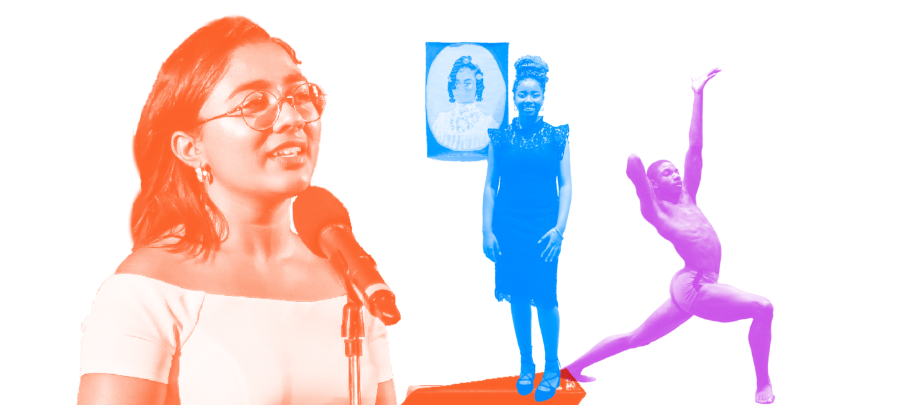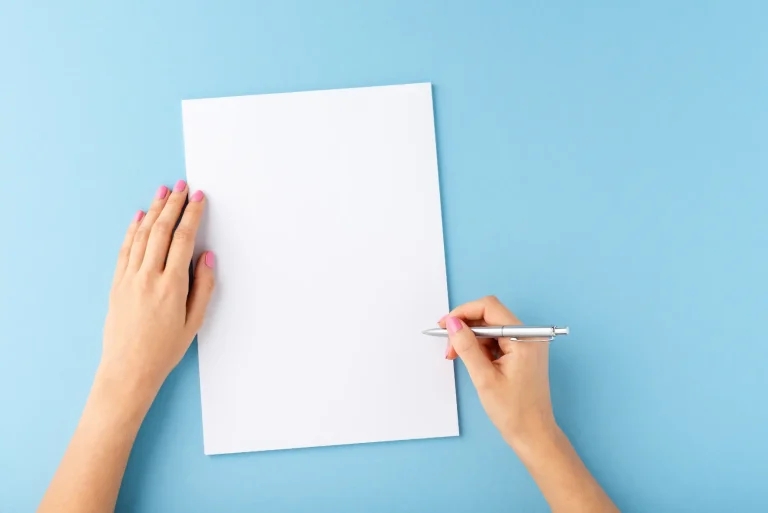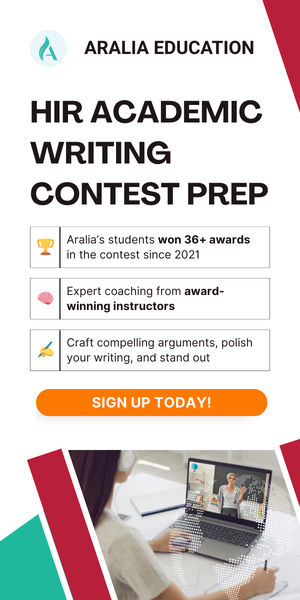1. What is the YoungArts Writing Competition?
YoungArts Writing Competition is a part of the Young Arts National Arts Competition, where artists across 10 disciplines come together and earn a chance to win cash awards, receive mentorships from accomplished artists, receive lifetime professional support, and achieve national recognition. In 2020, YoungArts received approximately 7,000 completed applications and there were nearly 700 winners.
Artists ages 15–18, or grades 10–12, in the U.S. are encouraged to apply in the discipline of their choice. All applications are judged by esteemed discipline-specific panels of artists through a rigorous blind adjudication process, and award winners are offered a lifetime of artistic support and ongoing connection with an extraordinarily robust network of peers and mentors. YoungArts finalists are invited to National YoungArts Week, an intensive, week-long all-expense-paid program that takes place in Miami. Finalists are eligible for financial awards of up to $10,000, as well as for nomination as U.S. Presidential Scholars in the Arts.
The entry fee for YoungArts is $35. There are 10 disciplines students can register for: Classical Music, Dance, Design Arts, Film, Jazz, Photography, Theater, Visual Arts, Voice, and Writing. In this article, we will only focus on the YoungArts Writing Competition. Writing encompasses creative nonfiction, novel, play or script, poetry, short story, and spoken word. The strongest submissions demonstrate a sense of inventiveness, show attention to the complexities and technical aspects of language, and have a clear, original, and distinct point of view.
2. What are the eligibility and requirements of the YoungArts Writing Competition?
In order to participate in the competitions, students have to be
- A citizen of the United States, a permanent resident/green card recipient, or legally able to receive taxable income in the United States.
- In grades 10–12 or 15–18 years of age on December 1 of the year, they submit to the competition
There are different requirements for each area within writing: Creative Nonfiction, Novel, Play or Script, Poetry, Short Story, and Spoken Word.
3. Application Details
Application Period: Mid-July 2025, to Mid-October 2025 at 8 PM ET (based on last year’s deadline)
Application Info Sessions: Mid-August (for parents), Mid-August (for educators), and End of August 28 (for applicants). Sessions are available to view here.
Application Review: Mid-October, 2025
Award Winners Notification: End of November, 2025
4. What are the reviewers/judges looking for when evaluating a student's works?
There are four main components that reviewers and judges look for:
- Command of the tools of language: Composition and Technique
- Authentic Voice: Creative Expression
- Original thinking and Imagination: Depth of ideas
- Overall excellence: Quality
5. How can I stand out in the YoungArts Writing Competition?
Every emerging writer participates in the competition with the hope to earn recognition through the competition and receive mentorship from outstanding artists around the world. Having the opportunities to guide and instruct students through these writing competitions, we gathered some suggestions to give future students who are interested in this competition and other future writing competitions:
1. Searching for inspirations
Before sitting down and starting to write, we always recommend students to go search for inspiration. Inspiration motivates you to start writing, and drive is what helps you stay disciplined and finish your writing. Different people find inspiration from different sources of energy, like a change in location or a new experience. For Haruki Murakami, one of the greatest Japanese novelists, found inspiration to start writing at the age of 29 at a local baseball stadium while drinking beer,
“when a batter — an American transplant named Dave Hilton — hit a double. It was a normal-enough play, but as the ball flew through the air, an epiphany struck Murakami. He realized, suddenly, that he could write a novel. He had never felt a serious desire to do so before, but now it was overwhelming. And so he did: after the game, he went to a bookstore, bought a pen and some paper, and over the next couple of months produced “Hear the Wind Sing,” a slim, elliptical tale of a nameless 21-year-old narrator, his friend called the Rat and a four-fingered woman.”
For students, a common suggestion we have when they are stuck with finding a theme is to search for previous winners from the competitions for inspiration. People say that a writer’s inspirations will be negatively impacted by looking at the works of others. However, we believe that by listening to people’s personal stories told through words, rising writers can look within themselves and find a hidden story that they want to share with other people.
The YoungArts Foundation publishes the list of winners each year on their website and also posted videos of winners’ presentations during the 2020 National YoungArts Week on Youtube (starting from #62). By looking through the videos, we hope that you can explore your own unique identity and express that through words.
2. Pay attention to the judge’s requirements
From above, we mentioned that there were 4 main components that should be considered when you start writing, which are commands of tools of language, authentic voice, original thinking and imagination, and overall excellence. But, what do those components actually mean?
The first requirements are more about the composition and technique of the work. Specifically, students should ensure their writing has a focus and purpose. Focus is the controlling idea or the main point of the writing. Having a strong focus will help make the purpose of your writing clear and allow readers to follow your train of thought and reasoning.
Vanderbilt University gives students several suggestions to help students better form their focus and structure of the story.
- Listing: First, finalize the overarching idea that you want to express, and under that idea, list anything that you think can associate with the big idea. The more specific you go, the better you can narrow the topics and start to have an outline.
- Outlining: If you have a developed topic but are unsure how to approach it. Writing, outlining, or mapping the story’s progress will help you visualize the story flow before you commit to writing.
- Draft Map: A draft map is great when you have the first draft ready and want to examine the story’s structure. First things first, label your controlling ideas. Then, identify the main idea of each paragraph and put them under appropriate ideas. If a paragraph doesn’t fit, give it another label.
Besides focus and purpose, don’t forget to check for grammar and word usage. Usage is similar to grammar, because usage determines what words you should use in a specific context. You can fix these issues by using an AI Writing Assistant like Grammarly, or ask your friends/family members/teachers to check for grammar errors and word choices. Grammar and word usage are vital in conveying your meaning and providing readers with a good reading experience.
The second requirement that the judges take into consideration is Authentic Voice. An authentic voice is unique to each person and can’t be acquired through technical skill. Take a look at your favorite author and compare it to others, you will see a unique style that your favorite author has, in the way that he/she describes surroundings, lead readers through events, and so much more.
For your personal authentic voice, you can develop your own voice through understanding your lived experiences. Practice telling your personal stories and perfect them over time. An exercise YoungArts Foundation suggests to students is called “Writing Tree”. By discussing who influences them, students will articulate their artistic influences and understand the formation of authentic voices through ideas, interests, and artistic choices.
- While researching your artistic influences, keep in mind these questions:
- Who: Their name, their birthplace, and their family history
- Where: Their origin and how that origin influenced their work
- When: When did their work become known?
- How: How their work becomes meaningful for the historical period they live in (or they wrote in)
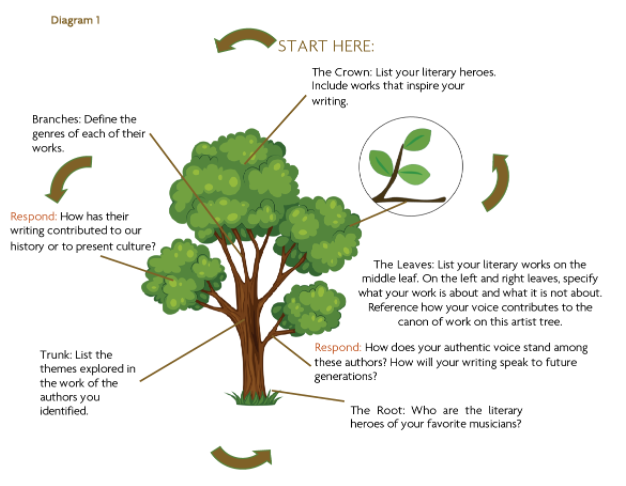
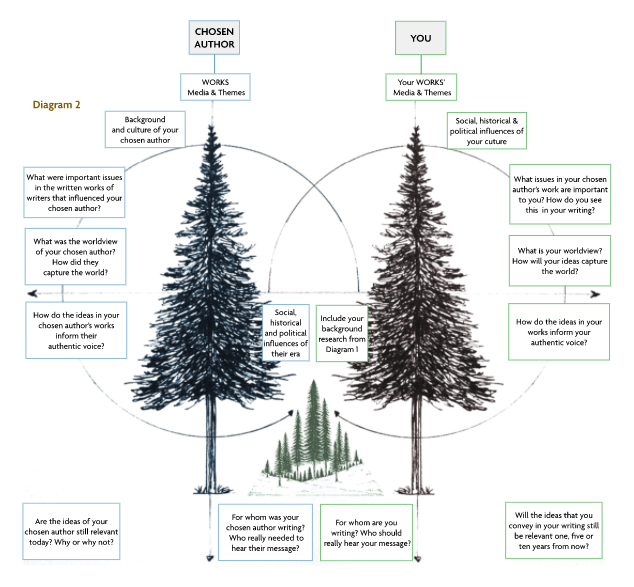
With the written information from Exercise 1, you can move forward and work on Exercise 2, where you will compare your writing with your chosen artists, and how your authentic voice is different from theirs. After this exercise, you will understand how your work may or may not run parallel to your chosen author, and how your background and/or social influences have informed your writing and worldview. You should use this exercise as a reflection to better inform yourself about your unique personality or writing style.
Depth of ideas is the third component in the judge’s requirements. What does it mean to have a well-developed and profound idea? A well-developed idea is similar to a piano composition. With one finger on the piano, everyone can create a simple harmony. However, a well-developed composition includes layers of extended harmonies, elongated melodies, and staggered leaps that highlight the beauty of the composition. Coming back to the depth of ideas, we suggest you develop an idea by providing a supporting argument, discussing its significance, and show how it connects to the rest of the essay.
Working step by step, after you have a big idea or an overarching theme, you should freestyle, or free-write. Freewriting will help you brainstorm ideas, write thoughts onto paper then connect them as part of a larger story. The next step is thought organization, this step is crucial for you to develop a clear and concise structure that can be developed to deeper arguments. Once you organize your ideas, flesh out your plot and develop the character to fit into the structure. We would like to call the last step is tying up loose ends, to work your way down from the big picture to fill in any blanks, bridge gaps between ideas, and perfect the small details. Keep in mind that the idea has to be original, provoke readers’ thoughts, and provide strong evidence to support thinking.
The overall excellence of your written work is reflected through all the components above. With good use of language through a cohesive organization, a unique voice, a well-developed idea with enough creative risk, and the right target audience, your essay will shine among other submissions, and you may win significant prizes in the competition!
6. What are the prizes of the YoungArts Writing Competition?
There are three different recognition levels if your work is selected: Merit, Honorable Mention, and Finalist.
- The YoungArts Merit award level recognizes work that has been recognized as commendable by the panel, strong technically with a clear artistic point of view. Merit winners receive a cash prize of $100.
- Honorable Mention: The YoungArts Honorable Mention award level recognizes work that demonstrates exceptional technique; a strong sense of artistry; and a depth of thinking/performance that exceeds the level of peers at this career stage. Honorable Mention winners receive a monetary award of $250.
- Finalist: The YoungArts Finalist award recognizes work that demonstrates exceptional technique; a strong, sophisticated, nuanced, and clear artistic point of view; and a depth of thinking/performance that far exceeds the level of peers at this career stage. Finalist winners are invited to participate in National YoungArts Week and will have their work further evaluated and recognized as one of the following: Level 3 $1,000; Level 2 $1,500; Level 1 $3,000; Silver $5,000; and Gold $10,000. Finalists who attend National YoungArts Week and meet the eligibility requirements are also considered for nomination to the U.S. Presidential Scholars Program.
In addition to monetary awards, all winners receive a medallion, a lifetime of creative and professional support, and access to YoungArts Post—a private, online portal for YoungArts artists to connect, share their work and discover new opportunities.
YoungArts is prestigious and attracts thousands of students to participate each year. For students who are interested in pursuing a career in writing and would like to gain more practice and support in writing an essay for this competition, Aralia offers a specialized writing program. Students will have the opportunity to write essays for the competition and receive guidance from an award-winning instructor at Aralia. More information is provided below:
Writing Competition
Students will learn the nuances of language, including figurative language, effective structuring, and specific forms to apply to their own piece(s). Students will work directly with both literary and media texts to plan and write their piece(s). This class will also help the students write with an aim for an audience as their submission for nation-wide and international writing competitions that are timely with the course schedule.

